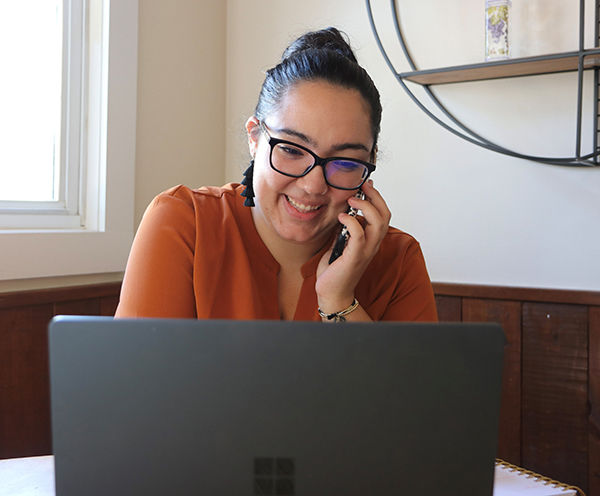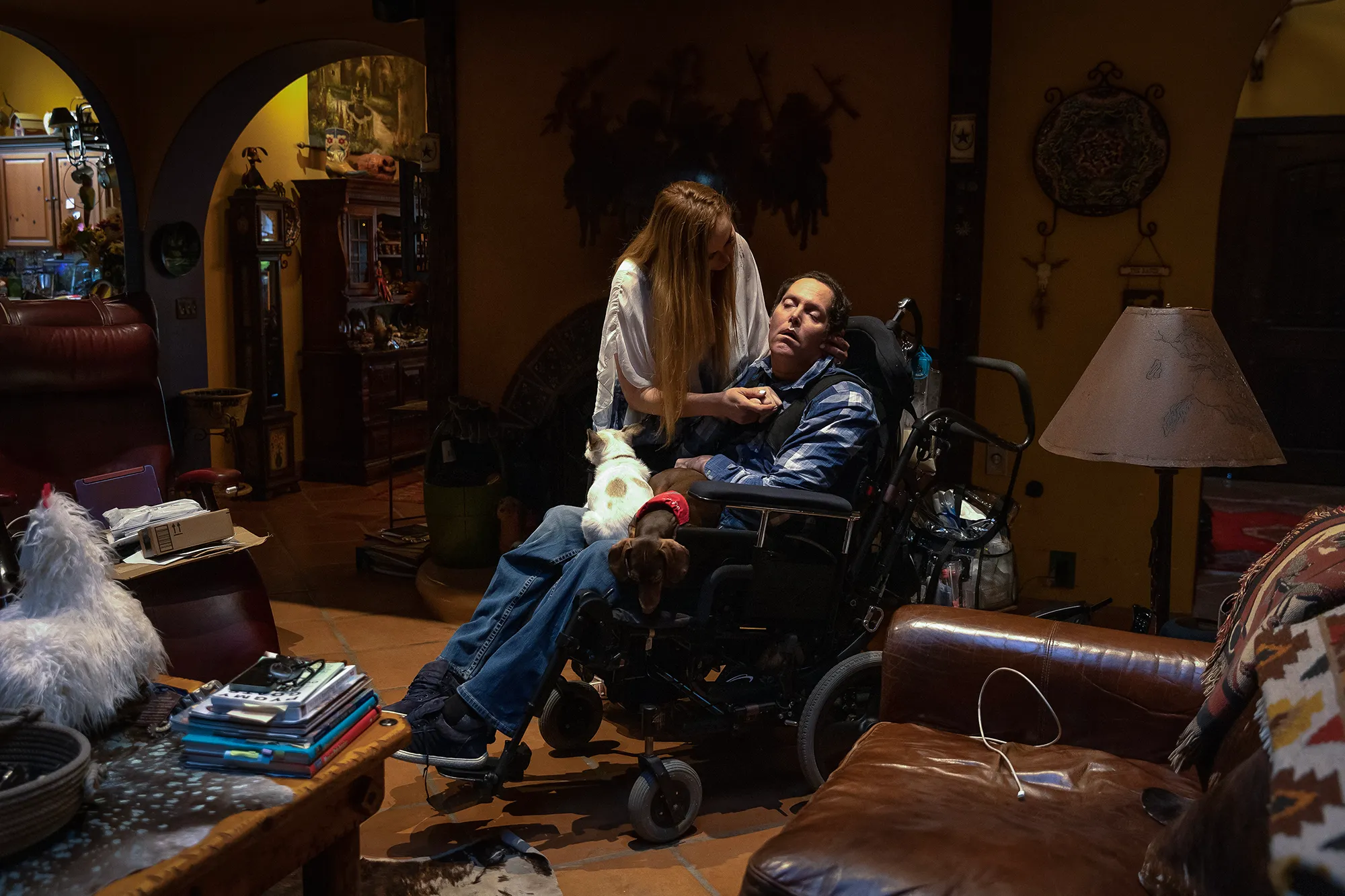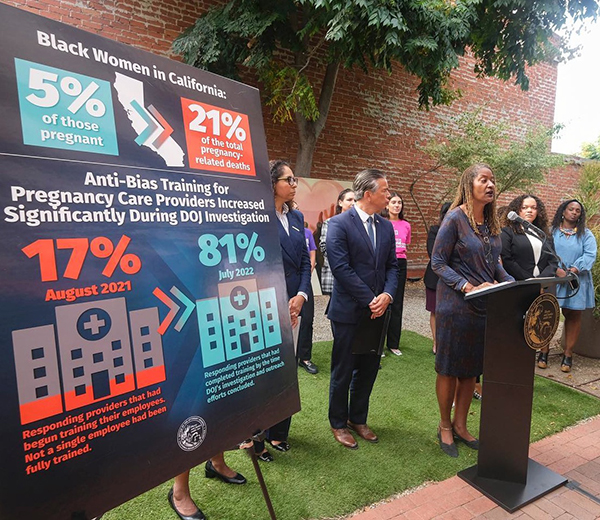Rx REPORT
By Marie Y. Lemelle
Contributing Writer
The debate about children, teenagers and young adults returning to school while COVID-19 is still a threat is ongoing. The Centers of Disease Control and Prevention released guidelines that include communicating, educating and reinforcing appropriate hygiene and social distancing practices that are age appropriate for students, teachers and staff.
A report led by the National Academies of Sciences, Engineering, and Medicine, “Reopening K-12 Schools During the COVID-19 Pandemic: Prioritizing Health, Equity, and Communities,” was designed to address the health risks of re-opening schools and the educational risks of not offering in-person instruction. Education experts are concerned about students with special needs who are best served by in-person instruction as well as how young children can be impacted by not having in-person learning and may suffer from long-term academic consequences.
According to the National Association of School Psychologists, be aware of signs that may suggest behaviors that are not typical in your children.
For preschoolers, it may be thumb-sucking, bedwetting, clinging to parents, sleep disturbances, loss of appetite, fear of the dark, regression in behavior and withdrawal. Elementary school children may become irritable, aggressive, clingy, experience nightmares, school avoidance, poor concentration and withdrawal from activities and friends.
Adolescents can suffer from sleeping and eating disturbances, agitation, increase in conflicts, physical complaints, delinquent behavior and poor concentration.
In preparation for the return to classrooms, therapists across the country weight in on how to lessen the anxiety affecting students.
Lena Suarez-Angelino, a bilingual licensed clinical social worker, writes for Choosing Therapy, a mental health content site. She is passionate about working with teens and young adults trying to figure out their place in today’s world. Suarez-Angelino shares information to help families get through back-to-school challenges.
ML: How should children’s fears about returning to school be addressed?
LSA: Validate them. It is so important, not only during times of COVID-19, but throughout all of their childhood that their fears are heard. It’s OK to be honest with them and share with them that we’re all going through this for the first time and we feel a little scared. Ask them what would help make the fear a little less scary. Ask if they want a hug, draw a picture, or watch a funny movie. Check in often, read their body language and give them space when needed. Let them know they’re not alone.
ML: What techniques can help kids cope?
LSA: Ask your child what would help them feel better. Ask your child what exactly about returning to school is worrying them. For some children, it may not be related to the global pandemic. I’ve heard children may not want to go back because they are overthinking and feeling insecure about their classmates. Take the time to understand and answer your children’s questions and become comfortable with admitting you don’t know all the answers but are happy to explore different solutions.
ML: When kids express that they don’t want to go back to school or they feel unsafe about going back to school, how should their concerns be handled?
LSA: Help your child understand that things will definitely be different when they return to school. Help your child to practice patience and follow new school rules and routines. Remind your children that you’re there to help them and are always alongside them to support them. Prepare your child to acknowledge some of the things they’re looking forward to for their school year, but also must learn to accept that things may not be exactly how they imagine. Encourage them to draw a picture of what they’re looking forward to most about school and help to show them how it might be different in a new picture.
ML: Any recommendations how to talk to different age groups about returning to school?
LSA: Talking to different age groups about returning to school can be somewhat tricky. Younger kids and elementary-aged children might communicate best through play. Ask them to play with you about their first day back to school. You can observe their feelings, answer any questions, and help show them that at the end of the day they’re back with their friends while social distancing.
Pre-teens and teens may have the hardest time returning to school due to the wacky sleep schedule they developed. Help your pre-teen or teen understand why the socialization piece is important for their own growth and opportunity for leadership. Help your pre-teen or teen regulate their sleep, develop a school/homework routine, and give them space when they need it. Remember to acknowledge, depending on their age and grade, what may look different for them this year and understand there may be some feelings of sadness and grief.
Let’s face it, college-bound children dealing with more than six months of quarantine probably has them excited about going on campus. As a parent or guardian, you’re going to have the least amount of control over their environment and I understand how freaked out you might feel. Talk to your young adult and show them how much you trust them that they’ll be safe and follow social distancing recommendations. Keep an open door for communication, ensure them that it’s safe for them to call you if they’re feeling unwell.
ML: Children often get their cues from adults; how do we ensure we don’t project our own issues onto them?
LSA: Children typically have an optimistic and simplistic lens on life. It’s the adults that tend to over-complicate things. They can sense our energy when we’re feeling anxious or overwhelmed. Try to remain relaxed.
We’re all experiencing a global pandemic together. We’re all on information overload and honestly just trying to do what we think is best for ourselves and our family. Practically overnight, everyone has been forced to drastically change their routines and environments. You don’t have to agree with what other people are doing or saying but try practicing gratitude and kindness in your everyday life.
Marie Y. Lemelle, is the founder of www.platinumstarpr.com and a film producer. She can be reached at MarieLemelle@platinumstarpr.com. Follow her on Instagram @platinumstarpr.













